In January, when it turned out to be evident that another coronavirus was transmitting effortlessly among individuals in focal China, one of the top inquiries researchers who study sickness elements needed addressed was this: What job are kids playing in the spread of the new illness, presently known as Covid-19?
After five months, they and all of us might at present want to know.
There is some proof that children are less inclined to come down with the infection and less inclined to spread it, however, it's not satisfactory precisely how solid that proof is. Quite a bit of it was created when kids were up to speed in the upside-down universe of Covid-19 transmission concealment, with schools shut and families covered, constraining their odds of getting or spreading the SARS-CoV-2 infection. In all actuality, it might take reviving schools and returning youngsters to a closer-to-ordinary life for the image to come into more clear core interest.
In case we're fortunate, and the clues in the information remain constant, a normalizing of kids' lives — and the lives of their folks — could be securely accomplished. In case we're not fortunate, and the insights were bogus harbingers, more disturbance likely lies ahead.
"We are going to discover," said Sean O'Leary, a pediatric irresistible illnesses pro at Children's Hospital of Colorado and bad habit seat of the irresistible infections advisory group of the American Academy of Pediatrics.
With some respiratory ailments — flu specifically — little youngsters assume an enhancing job. In view of their constrained immunological experience, they don't convey the years of antibodies that grown-ups have amassed. Thus, they are increasingly vulnerable to a large number of the bugs that cause colds and influenza, which course more effectively as the chilly climate sets in.
Children become ill, pass the infections among themselves, and contaminate the grown-ups in their lives — educators, daycare specialists, guardians, and grandparents. It is anything but a fortuitous event that primary teachers are frequently wheezing and sniffling inside a month of the beginning of school, or that influenza season regularly hits decisively subsequent to Thanksgiving or Christmas when different ages share the seasonal joy and the periodic germ.
In the event that kids assume a similar job with the SARS-CoV-2 infection, shutting schools and limiting the entrance of kids to one another and the more established grown-ups in their lives could be significant approaches to smother transmission of the new sickness. In any case, on the off chance that they assume a less dynamic job, as studies appear to propose, at that point the significant expense of these limitations — intruded on instruction and socialization, worry as guardians shuffle telecommuting with youngster care, absence of access to class dinners — aren't justified by the little advantages picked up.
The World Health Organization doesn't as of now observe clear answers in the information that has been gathered to date.
"I think the proof stays frail — and that is the unpredictability of responding to that question appropriately," said Olivier Le Polain, a disease transmission specialist in the Geneva-based organization's wellbeing crises program.
Le Polain said that enormous serology considers — in which specialists gather blood tests from a cross-segment of individuals to show signs of improvement feeling of how profoundly the infection has infiltrated the number of inhabitants in a city, an area, a nation — should assist shed with lighting on how likely kids are to be contaminated in any case.
An early look, from Geneva, proposes when we're discussing youngsters we have to recognize little youngsters from one perspective and tweens and teenagers on the other. Distributed a week ago in the diary the Lancet, the investigation discovered next to no proof of earlier Covid-19 disease among kids ages 5 to 9 years (the most youthful included). In any case, youngsters ages 10 to 19 were as liable to have antibodies to the contamination as grown-ups ages 20 to 49 — and more probable than grown-ups more seasoned than that.
One thing that is clear is that the ailment is commonly far less serious for kids than it tends to be for more established grown-ups. Passings among kids have been not many and the level of kids who need hospitalization for the sickness is significantly lower than it is among grown-ups.
In any case, coaxing out whether children are as liable to come down with the infection and spread it has been exceedingly troublesome when kids are investing far less energy blending in with others than they typically do.
"There is a colossal riddle over the elements in kids and what occurs with kids," said Nick Davies, a disease transmission specialist and scientific modeler at the London School of Hygiene and Tropical Medicine.
"We don't generally have that one extraordinary database, a bit of proof, or examination that has truly settled this inquiry," he said.
Davies is the lead creator of an investigation distributed for this present week that recommended youngsters are less helpless to the infection than grown-ups. Distributed in Nature Medicine, it utilized information from China, Italy, Japan, Singapore, Canada, and South Korea to demonstrate whether kids contract the infection at a similar rate as grown-ups. He and his co-creators closed the danger of getting Covid-19 for youngsters and teenagers (under age 20) was a large portion of that of individuals more established than 20. They composed their article in March, in view of information gathered in the main couple of months of the pandemic.
Davies said there are befuddling contrasts seen across nations that obfuscate the image. An enormous national serology review in Spain found that youngsters were more averse to have been tainted than grown-ups — however, the equivalent was false in Britain.
Inconsistencies proceed. Denmark revived schools in mid-April, without genuine disturbances. In any case, when classes continued in Israel in May, diseases among youngsters and instructors flared. In China, where a group of cases in Beijing has everybody anxious, specialists moved rapidly this week to preemptively close schools.
In the United States, short-term day camps may assist with lighting up the dangers of permitting youngsters — though by and large adolescents — to continue exercises that permit them to assemble together, O'Leary proposed. Colorado is home to a ton of these camps; kids originate from the nation over to join in. While they aren't yet open, word has descended they will be permitted to work beginning in July, said O'Leary, who conceded that the possibility of the overnight camps makes him anxious, sharp as he is to get kids once more into school.
The development limitations numerous nations received before in the spring didn't simply make it hard to check what job kids are playing in the pandemic. The at the same time layering of numerous activities — shutting schools, work environments, and unnecessary organizations, giving safe house set up orders — made it trying to evaluate the commitment every individual measure had on the packing down of transmission of the infection.
"In many spots, those mediations have been instituted at basically a similar time, with possibly half a month in many spots," WHO's le Polain said.
The stepwise way to deal with reviving that numerous locales have received could manage the cost of a chance to attempt to coax out some data on the commitments of the different mediations. Having a decent feeling of the extent of the advantage of setting limitations on youngsters would help strategy specialists as they look to the following school year.
Marc Lipsitch, a disease transmission specialist with Harvard's T.H. Chan School of Public Health, said somebody ought to consider the issue, however, he recognized that after the previous not many severe months, he doesn't have the vitality to do it.
In any case, he said the planning of the beginning of the school year in the United States is variable to the point that the ambitious start states could give proof to those that hold up until after Labor Day.
"The beneficial thing about school opening is that it's a point change that is enormous," said Lipsitch. "So if there's an impact, it will be somewhat deferred — yet it's not fluffy and it's not inconspicuous."
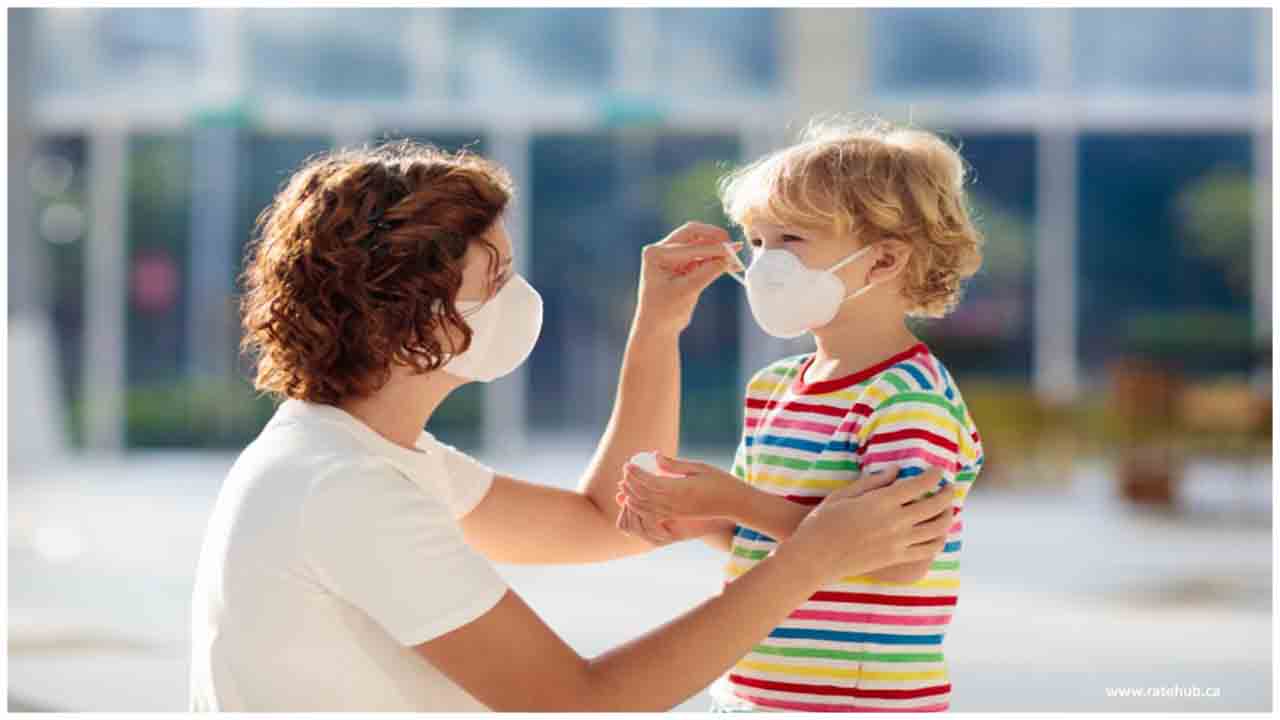
 Scientists see a ‘huge puzzle’ without easy answers
Scientists see a ‘huge puzzle’ without easy answers 








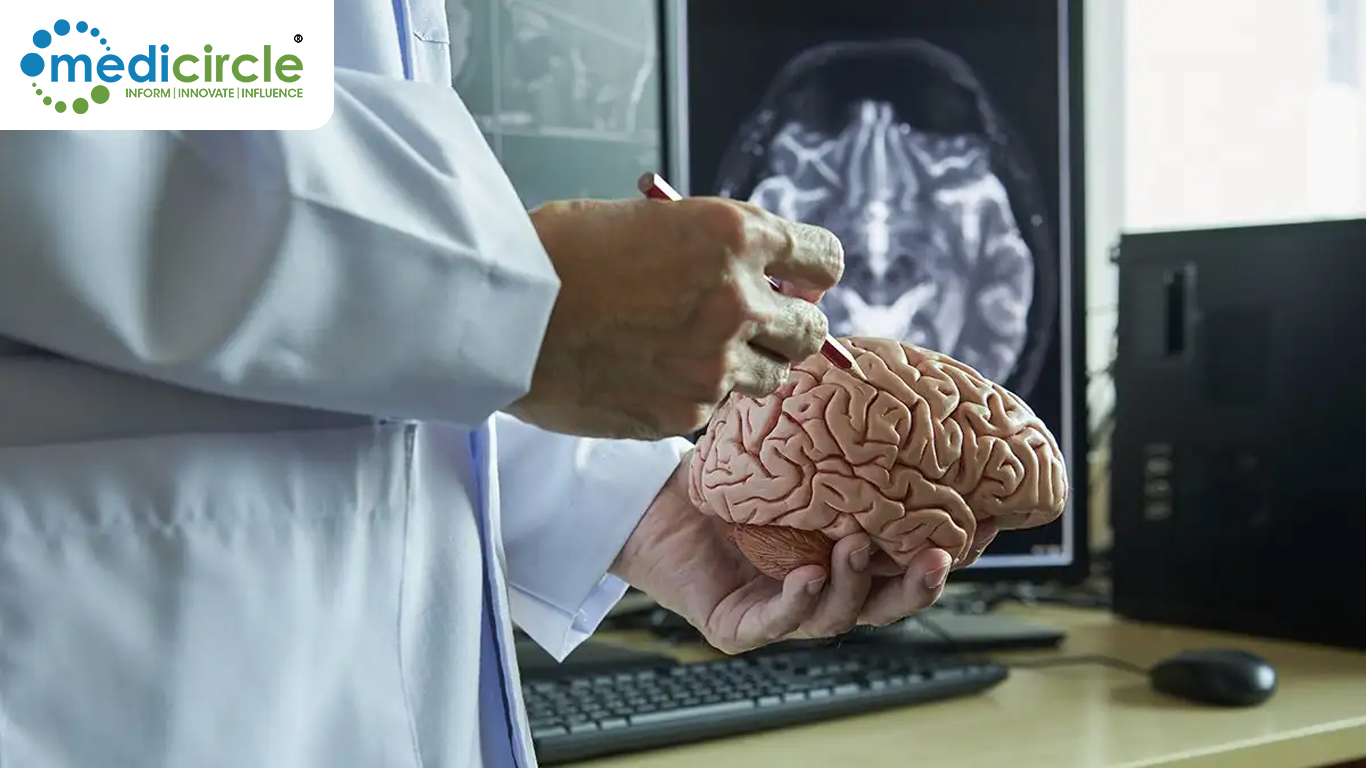
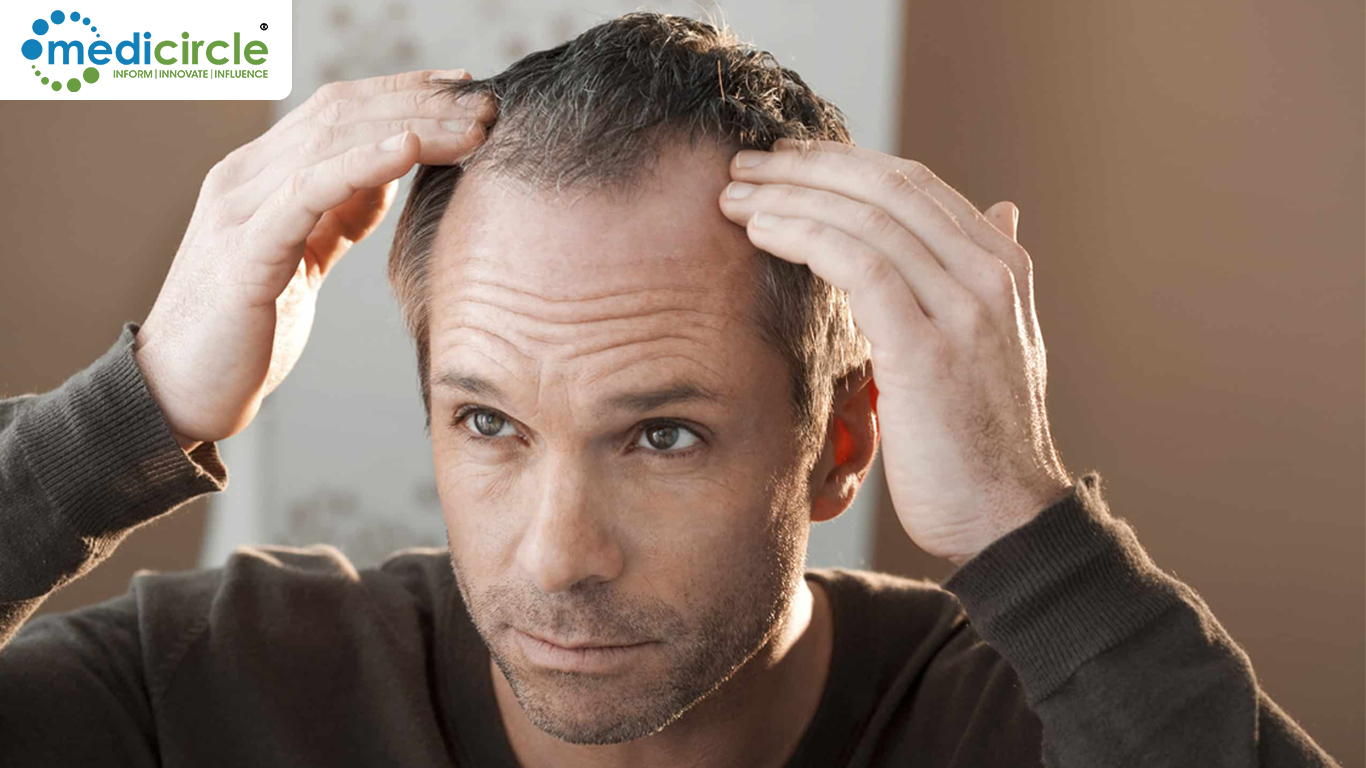
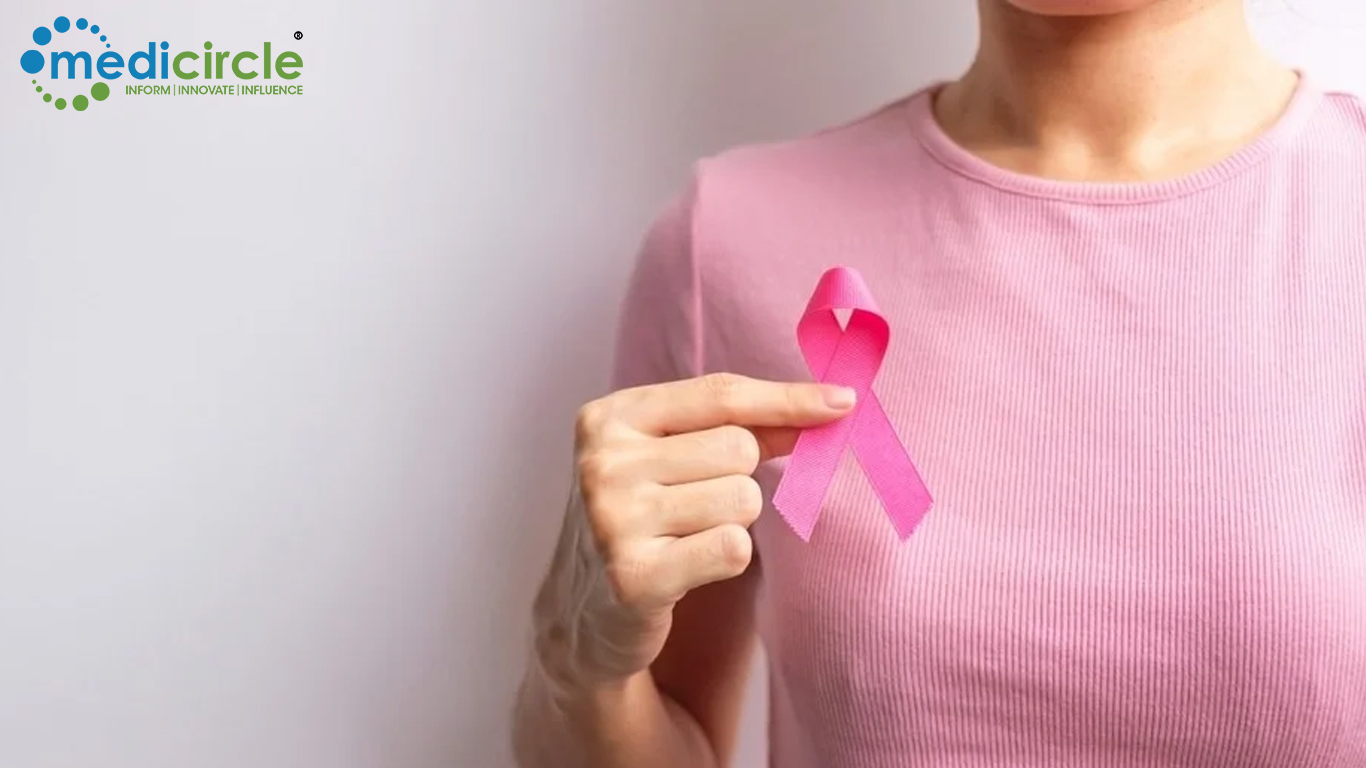

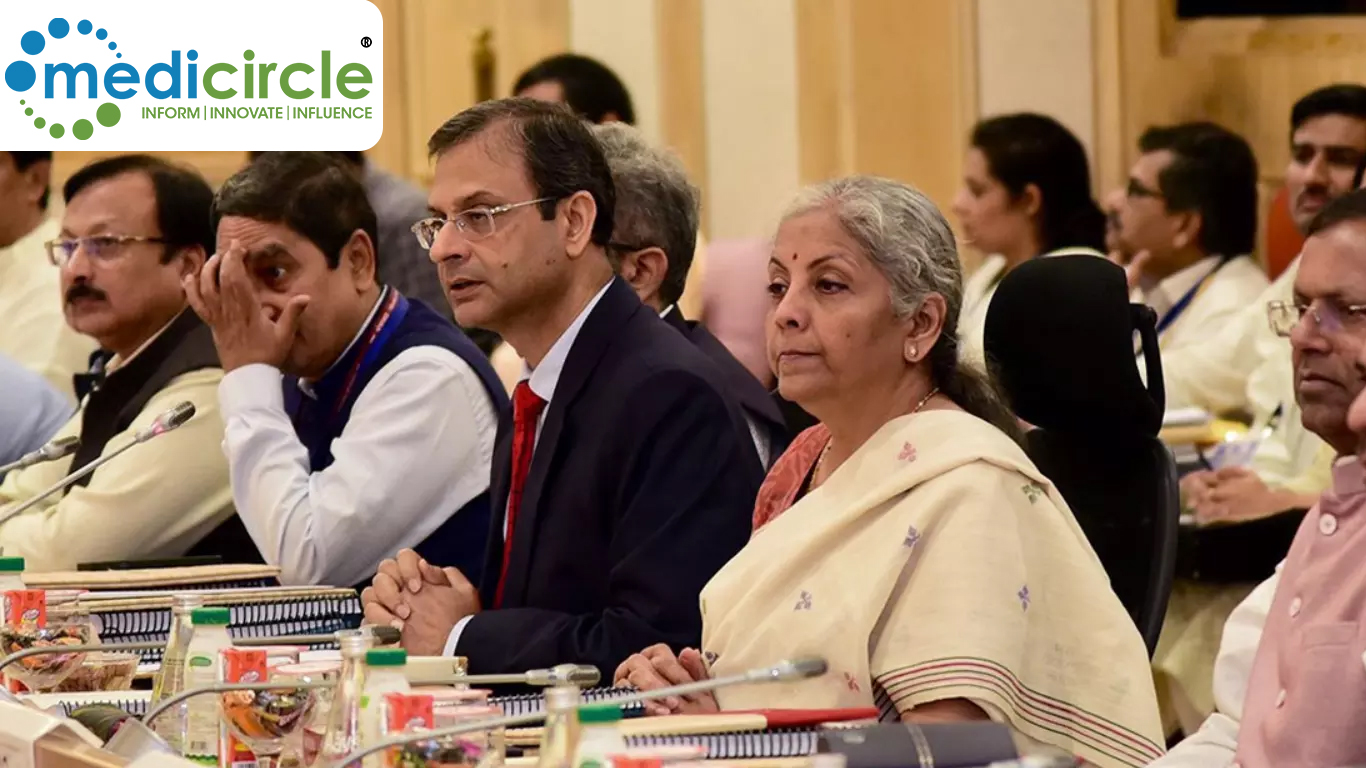
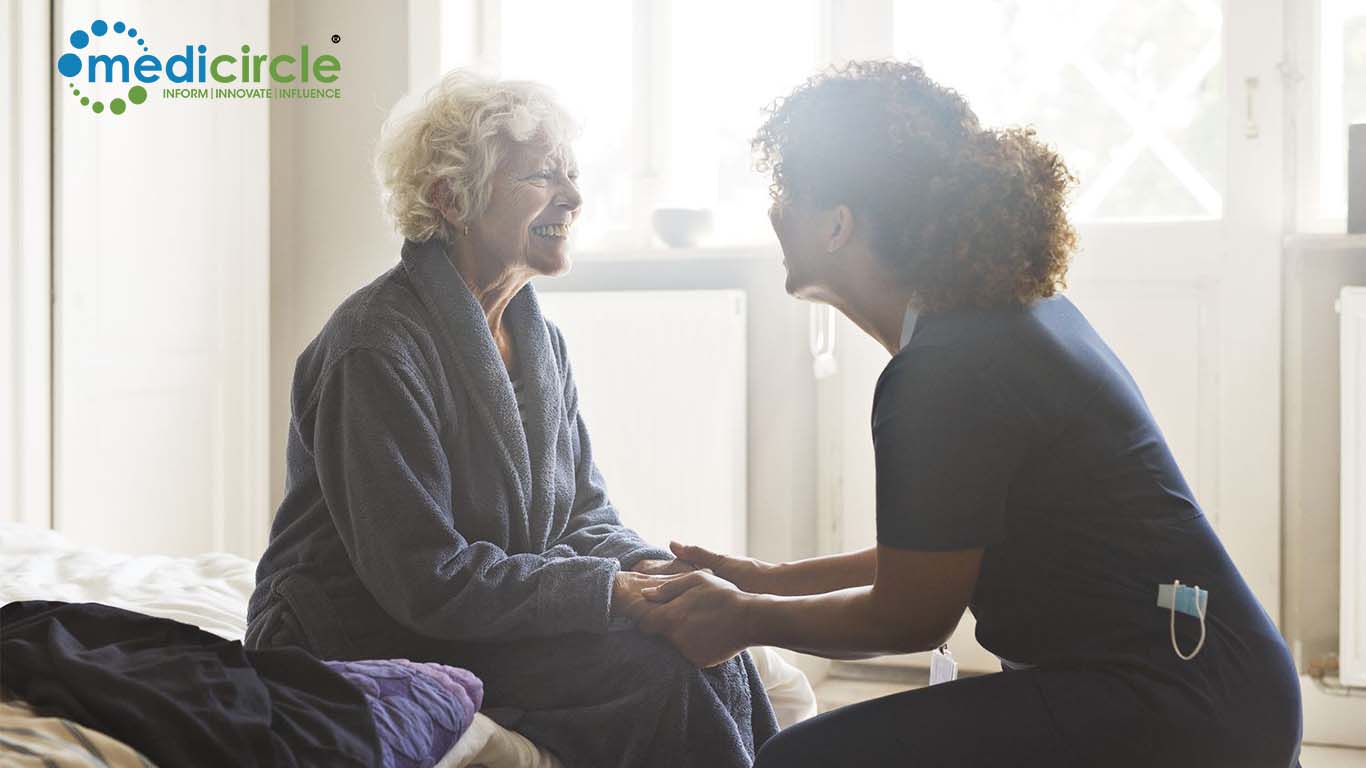





.jpeg)



.jpg)




.jpg)





.jpeg)

.jpg)


